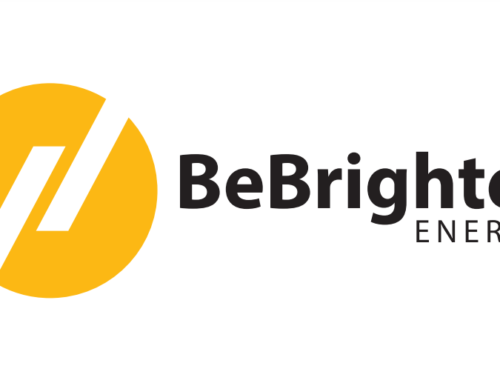Solar Equity Investments: A Stake In the Future of Energy
Introduction
In an era where sustainable and clean energy solutions are becoming increasingly important, solar power has emerged as a frontrunner. The sun’s abundant energy has the potential to revolutionise the way we power our homes, businesses, and the world at large. As solar energy projects continue to gain momentum, so does the opportunity for individuals and organisations to invest in the solar sector. One of the most promising avenues is through solar equity investments. This article explores the world of solar equity investments, shedding light on the benefits, risks, and potential returns associated with this green and forward-thinking endeavour.
The Rise of Solar Energy
Before diving into the details of solar equity investments, it’s essential to understand the broader context of the solar energy sector. Solar power is derived from harnessing the sun’s energy through photovoltaic (PV) panels, solar thermal systems or other innovative technologies. It is renewable, environmentally friendly, and has the potential to provide a significant portion of our energy needs.
The transition to solar energy is driven by several factors, including the need to reduce carbon emissions, combat climate change, and decrease reliance on fossil fuels. Governments, corporations, and individuals are increasingly recognising the importance of clean energy and are investing heavily in solar projects.
Solar Equity Investments: A Definition
Solar equity investments offer individuals and organisations the opportunity to own a share of solar projects, such as solar farms, residential solar installations or commercial solar facilities. This form of investment allows stakeholders to become partial owners of solar infrastructure and benefit from the energy generated. Here’s how solar equity investments work:
Ownership Stake: Investors purchase a portion of a solar project, entitling them to a share of the project’s revenues and profits.
Returns: Investors receive returns in the form of dividends, interest or capital gains, depending on the structure of the investment and the performance of the solar project.
Green Impact: In addition to financial gains, solar equity investments contribute to the growth of sustainable energy and help reduce greenhouse gas emissions.
Benefits of Solar Equity Investments
Steady Returns: Solar projects typically provide steady and predictable cash flows, making them an attractive option for investors seeking stable returns.
Environmental Impact: Investing in solar projects aligns with environmental and sustainability goals, contributing to a greener and more sustainable future.
Diversification: Solar equity investments can be a valuable addition to a diversified investment portfolio, reducing risk by spreading investments across different asset classes.
Tax Incentives: Many governments offer tax incentives and rebates for solar investments, which can enhance the financial benefits of these investments.
Energy Independence: By investing in solar projects, individuals and organisations can reduce their reliance on traditional energy sources and potentially save on energy costs.
Risks And Challenges
While solar equity investments offer numerous advantages, they are not without risks and challenges:
Market Volatility: Solar project returns can be influenced by energy market fluctuations and regulatory changes.
Project Performance: The success of an investment depends on the performance of the underlying solar project, which may be subject to factors such as weather conditions, maintenance, and technical issues.
Initial Investment: The upfront cost of acquiring a stake in a solar project can be substantial, making it less accessible for smaller investors.
Long-Term Commitment: Many solar equity investments have a long payback period, requiring investors to commit their capital for an extended duration.
Regulatory Risks: Changes in government policies and regulations can impact the financial viability of solar projects and returns for investors.
Potential Returns
The potential returns on solar equity investments can vary depending on the specific project, location and investment structure. Returns may come from several sources, including:
Dividends: Investors may receive regular dividend payments based on the project’s revenue and profitability.
Capital Gains: If the project appreciates in value, investors can realise capital gains by selling their equity stake.
Tax Benefits: Depending on local tax laws, investors may benefit from tax incentives, credits or deductions that can enhance overall returns.
Conclusion
Solar equity investments represent a compelling opportunity to participate in the clean energy revolution and reap financial rewards while contributing to a more sustainable future. As the world shifts towards renewable energy sources, solar equity investments are poised to play a significant role in the global transition to clean power. However, prospective investors should carefully assess the risks, conduct due diligence on solar projects, and consider their financial goals and risk tolerance before committing capital to this exciting and promising sector. Solar equity investments are more than just a financial venture; they are a stake in the future of energy and a commitment to a greener planet.



Leave A Comment